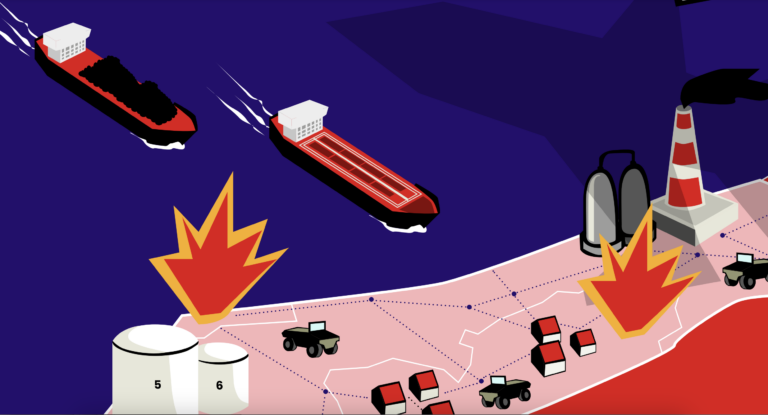
Hazelnut chain under fire
Three-quarters of all hazelnuts come from Turkey, and they find their way into our chocolate spreads and chocolate bars, among other things. TV programme Eén Vandaag had a detailed report on the issue on 19 October, entitled ‘Turkish children work for hazelnuts’. Since then, the CU and SP have asked questions in parliament about the involvement of Dutch companies. SOMO was commissioned by the Stop Kinderarbeid (Stop Child Labour) to carry out a background study into the production chain of hazelnuts.
By far the majority of hazelnuts which are sold in Europe originate from Turkey. These nuts end up in a wide range of products – including chocolate, ice cream, hazelnut spread, biscuits and nut mixes – in the Netherlands and in other European countries. Many hundreds of thousands of families take part in the annual harvest of hazelnuts.
The campaign ‘Stop Child Labour – School, the best workplace’ is concerned about child labour in the hazelnut industry. In open letters to Verkade, Ferrero and Wessanen/Zonnatura – companies which use hazelnuts from Turkey in their products – the Stop Child Labour campaign asks what they are doing or will be doing to eradicate child labour in this sector. Ahold, Unilever, Mars, Nestlé and Kraft are being asked to provide openness on the origin of their hazelnuts and, if these also come from Turkey, to tackle the breaches of labour rights in the sector.
‘Stop Child Labour – School, the best workplace’ is a worldwide campaign being carried out by organisations in six European countries, in cooperation with partners in the rest of the world. In the Netherlands, the campaign is a joint initiative of Hivos, the Algemene Onderwijsbond (General Education Union), ICCO & Kerk in Actie (Church in Action), the India Committee of the Netherlands, FNV Mondiaal and Stichting Kinderpostzegels Nederland. For many years now, the Dutch partners of this campaign have been working to combat the use of children in the production chains of businesses.
For more information:
Watch the Eén Vandaag programme(opens in new window)
Related news
-
 The hidden human costs linked to global supply chains in ChinaPosted in category:News
The hidden human costs linked to global supply chains in ChinaPosted in category:News Joshua RosenzweigPublished on:
Joshua RosenzweigPublished on: -
 The power to extract value from the value chainPosted in category:Long read
The power to extract value from the value chainPosted in category:Long read Rodrigo FernandezPublished on:
Rodrigo FernandezPublished on: -
Powering injustice Published on:
 Lydia de LeeuwPosted in category:Publication
Lydia de LeeuwPosted in category:Publication Lydia de Leeuw
Lydia de Leeuw

